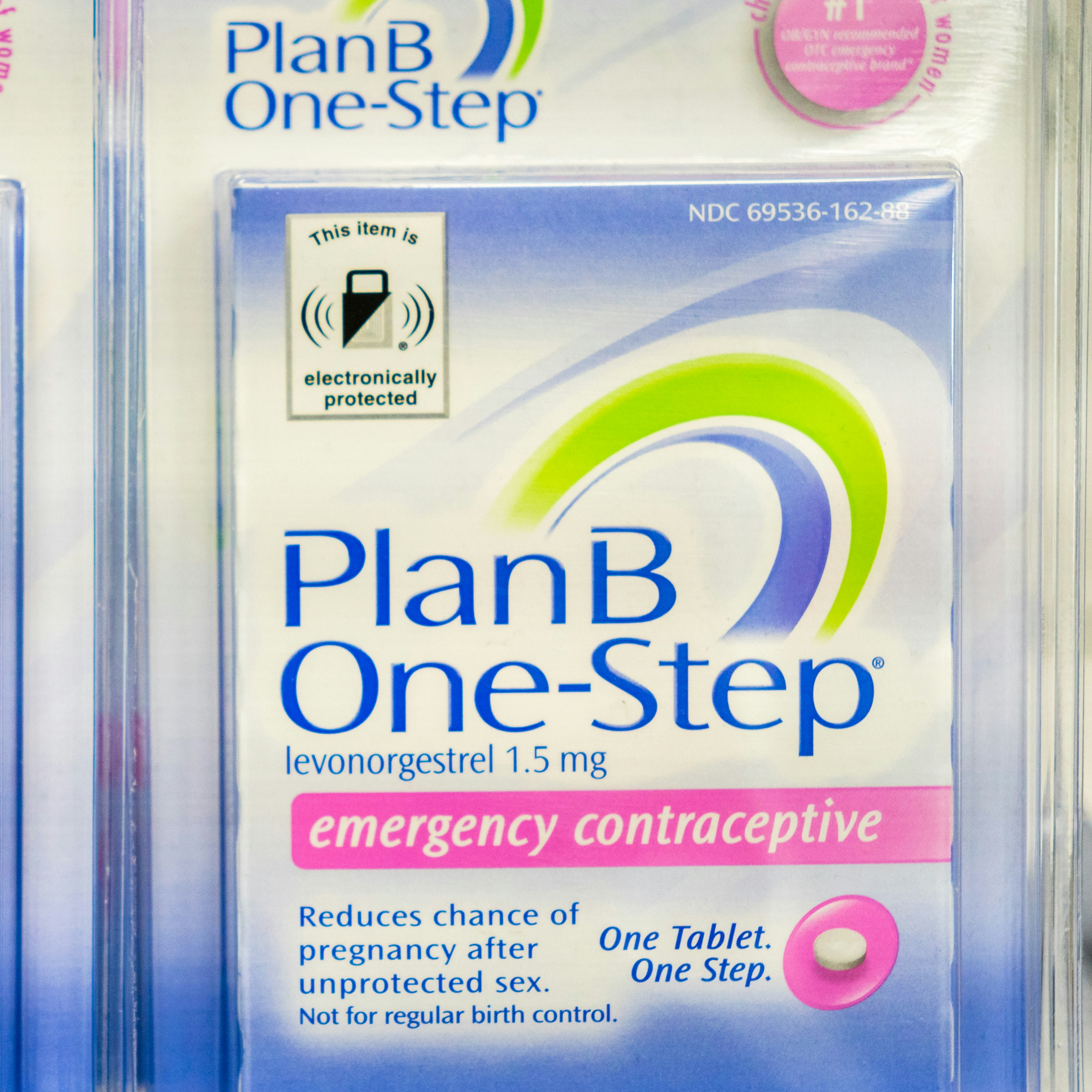Key Takeaways
Plan B can temporarily affect your period, causing it to come earlier or later with lighter, heavier, or spotty bleeding.
Cycle changes are short-term — most return to normal by the next period.
Mild side effects like cramping, nausea, or breast tenderness are common and fade quickly.
Take a pregnancy test if your period is over a week late or no bleeding occurs within a few weeks.
Call your doctor if you have severe pain, prolonged bleeding, or no period three weeks after taking Plan B.
If you’ve recently taken Plan B, you’re probably keeping a close eye on your cycle and wondering how this emergency contraceptive could affect your period. It’s normal to notice changes, but because symptoms often vary from person to person, it may be hard to know what’s normal and what should be a cause for concern.
To give you the clarity you need, this post covers how Plan B can impact your menstrual cycle, what symptoms to expect, and when it's recommended to check in with a doctor.
What Is Plan B?
Plan B One-Step is a form of emergency contraception that helps prevent pregnancy after unprotected sex or birth control failure. It contains levonorgestrel, a synthetic version of the hormone progestin, which works by delaying ovulation.
When ovulation is delayed, sperm no longer has the opportunity to reach and fertilize an egg. Plan B is 60% to 94% effective when taken within 72 hours (3 days) after unprotected sex. However, the sooner it is taken, the better it works at preventing pregnancy. Plan B also does not end an existing pregnancy and is not intended for regular contraceptive use.
Does Plan B Regulate Your Period?
While it may shift the timing of your next period, Plan B isn’t designed to regulate your menstrual cycle. It doesn’t provide the ongoing hormonal support needed to maintain a consistent cycle. If you’re dealing with irregular periods, methods like birth control pills or hormonal IUDs may be a better fit. A healthcare provider will help you find the best option based on your needs.
How Plan B Affects Your Period
Because Plan B delivers a high dose of hormones all at once, it commonly causes noticeable changes to your next period. These changes are temporary, but they vary depending on when you took the pill and where you are in your cycle.
Timing Shifts
Many people find that their period arrives earlier or later than expected. It may come within a few days, or it might be delayed by up to a week. While this shift can feel alarming, it's usually a normal response to hormone changes.
Changes in Flow
Your next period may be lighter or heavier than usual. Some people experience just a few days of spotting, while others notice a stronger-than-average flow. These effects are typically short-lived.
Spotting and Breakthrough Bleeding
In addition to period changes, some people notice light bleeding between cycles or a few days after taking Plan B. This is known as breakthrough bleeding and is generally not something to worry about on its own.
Other Possible Symptoms
Side effects such as cramping, breast tenderness, mood changes, or mild nausea may also occur. Although uncomfortable, these symptoms usually fade within a few days and are common responses to a hormonal shift in the body.
When to Take a Pregnancy Test
Although Plan B helps prevent pregnancy, it is not 100 percent effective. If your period is late, it’s a good idea to take a test, especially if:
- It’s more than a week late
- You haven’t had any bleeding in the weeks following Plan B
- You notice symptoms like persistent nausea, fatigue, or breast tenderness
If the test is negative but your symptoms continue, it may be a good idea to follow-up with your primary care physician or OB/GYN.
When to Talk to a Doctor
Changes in your cycle after taking Plan B are often harmless, but some situations call for a medical opinion. Contact a provider if:
- Bleeding lasts longer than one week
- You have severe lower abdominal pain
- You still haven’t gotten your period three weeks after taking Plan B
- You’re unsure whether the pill worked
For some rare cases, severe pain after Plan B may indicate an ectopic pregnancy, which requires immediate attention.
Understanding What’s Normal
It’s normal to feel concerned when your cycle doesn’t follow its usual pattern, especially after taking emergency contraception. But for most women, changes to timing, flow, or symptoms are only temporary. Your period typically returns to normal by the next cycle.
If something doesn’t feel right or you’re unsure what to expect, contact your provider for peace of mind. Our OB/GYN and primary care teams are here to answer any questions you may have as you navigate your menstrual health.





